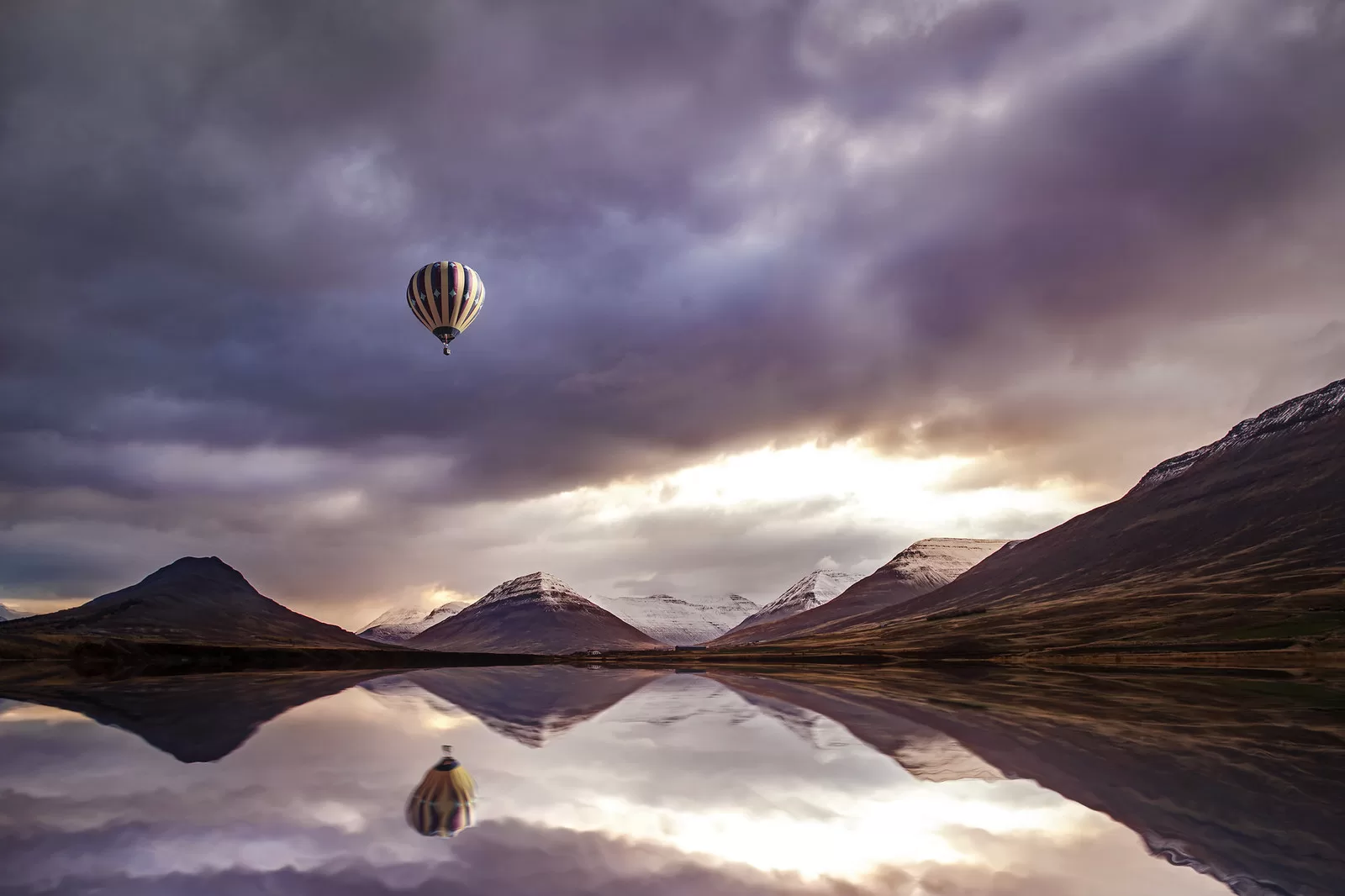This is the beginning two chapters of Beth Kephart’s novel CLOUD HOPPER, which follows three good friends and two immigrant cousins in an imagined rural town called Gilbertine. * ONE She’s walking on the clouds. We’re watching down below. Wyatt and K and me. In the grass with the ants and the crickets in the dew, after the best meteor show of the season. “You think she sees us?” K says. “Grass is so tall,” I say. “And she...

